Generic Actos (Pioglitazone)
Pioglitazone is an anti-diabetic medication that is used to treat type 2 (non-insulin-dependent) diabetes mellitus. It is a member of the thiazolidinedione (TZD) class of medications, also known as “glitazones.” Diabetes type 2 is a condition in which the body either produces insufficient insulin or produces insulin that is not functioning properly. This type of diabetes typically manifests in adulthood.
Actos Information :
Uses :
Pioglitazone is a type 2 diabetes medication (thiazolidinedione-type; also known as “glitazones”) that is used in conjunction with a healthy diet and exercise regimen to control elevated blood sugar levels in patients. It functions by supporting the restoration of your body’s appropriate insulin-responsiveness, which lowers blood sugar. Keeping blood sugar levels under control can help avoid kidney damage, blindness, nerve damage, limb loss, and issues with sexual function. Keeping your diabetes under control may also reduce your chance of having a heart attack or stroke. Pioglitazone can be used with other diabetes drugs (like metformin or sulfonylureas like glyburide) or taken by itself. Discuss the advantages and disadvantages of pioglitazone with your physician.
The pioglitazone tablet can be taken on its own or in combination with other medications. Food may be consumed along with it or not. To maximize the benefits, take it consistently at the same time every day. The ideal dosage for you will be determined by your doctor, and it may vary periodically based on how it is acting.
Precautions & Warnings :
When pioglitazone is used in conjunction with insulin and heart failure, patients may be at increased risk for fluid retention (oedema), which can result in congestive heart failure. If a blood test indicates that you have kidney disease, you should not take pioglitazone. Whether taken with or without insulin, pioglitazone has the ability to decrease blood sugar levels. Thus, the physician might reduce the insulin dosage. A higher incidence of fractures has been observed in certain female pioglitazone users. Before taking pioglitazone, patients with bladder cancer and macular oedema (fluid accumulation in the macula portion of the retina) should speak with their physician.
Side Effects :
The following is a brief summary of some of the mild side effects that oral Pioglitazone tablets may have. Consult your physician or pharmacist, or review the prescribing information for Pioglitazone oral tablet, to find out about additional mild side effects.
Pioglitazone oral tablet mild side effects that have been documented include
- Headache
- Sore throat
- Sinus inflammation
- Muscle pain
Many medications have mild side effects that usually go away in a few days or weeks. Consult your physician or pharmacist, though, if they start to cause you problems.
Interactions :
Pioglitazone may interact with antibiotics (rifampicin) and diabetes medications (gemfibrozil). So, before taking pioglitazone, let your doctor know if you are taking any of these medications.
Patients who have type I diabetes, bladder cancer, premenopausal anovulation, macular oedema, liver disease, anemia, obesity, or congestive heart failure should not take pioglitazone as it may exacerbate their conditions.
Overdose :
If someone has overdosed and is experiencing severe symptoms, such as unconsciousness or difficulty breathing, call 911. If not, immediately contact a poison control center.
Missed Dose :
Try to take it at the same day every day. Do not double the dose if missed.
Storage :
Store at room temperature away from light and moisture. Do not store in the bathroom. Keep all medications away from children and pets.


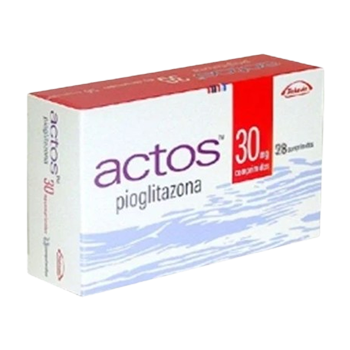
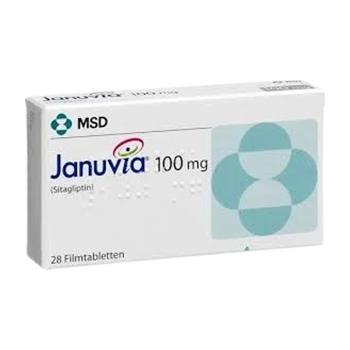
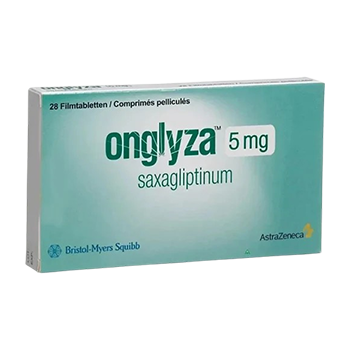
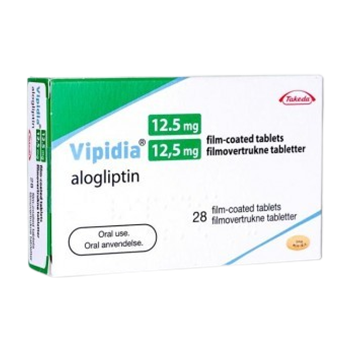
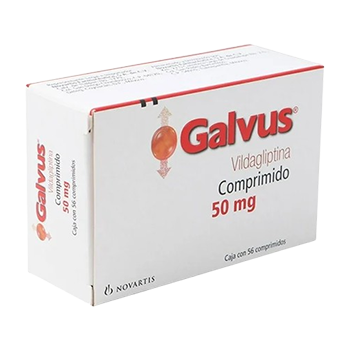
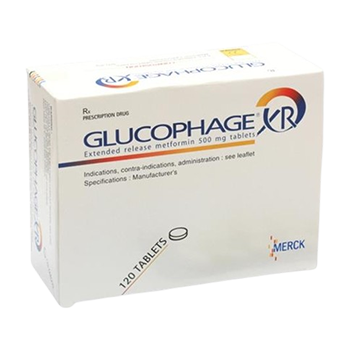
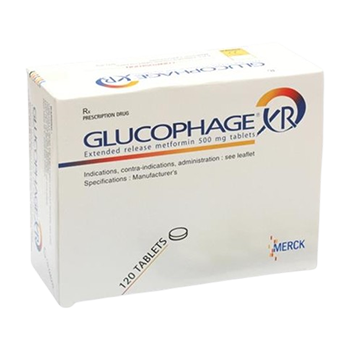




Reviews
There are no reviews yet.